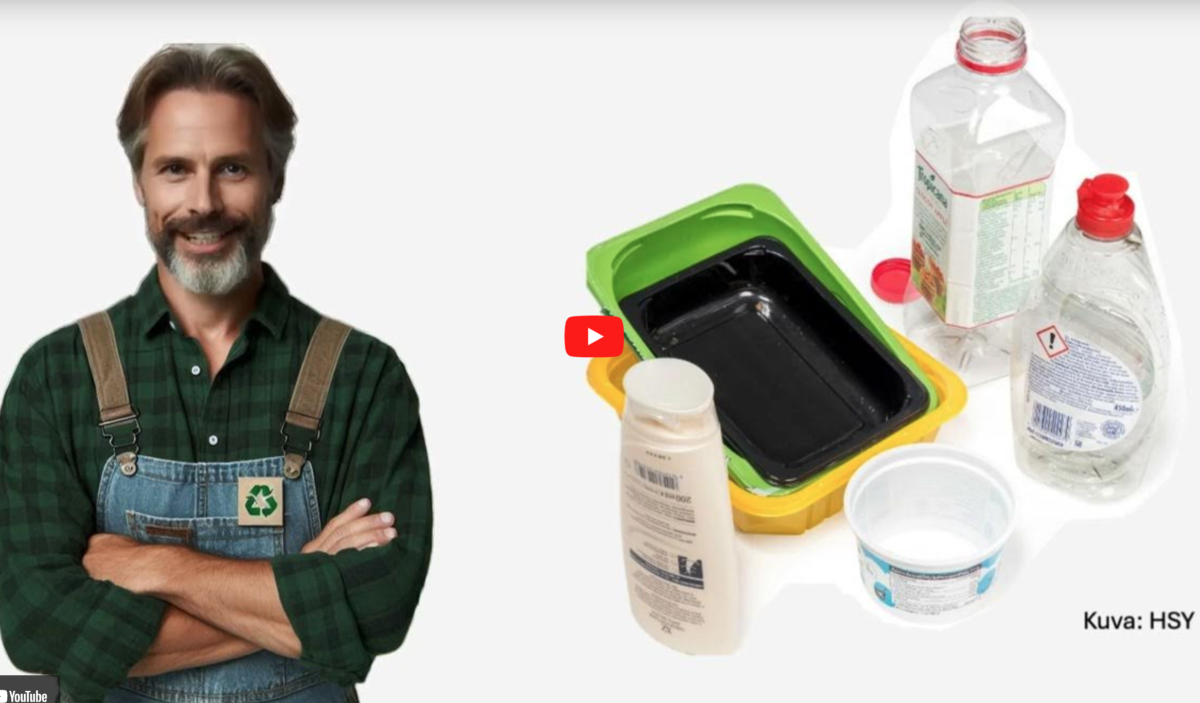How to Co-Create an Inclusive Recycle Course for Target Groups with Special Needs
Author: Kaisa Sibelius, Forum Virium Helsinki
One of TREASoURcE’s goals was to create content that supports and enhances the recycling competence of consumers with special needs. The result of this task was the Kierrätysmestari -online course (Finnish for “Recycling Master”) piloted in Helsinki, Finland in 2024. Our next step is to localise and adapt the content for Norway and Estonia.
Read more about the use case here:
The Most Important Requirements for Success
Identify a Need
Discuss with different stakeholders and try to identify an unmet need you are able to solve.
Find a Partner
Find a committed owner who is in need of solution and can utilise the end results after the project.
Co-Create
Invite the end-users to create and contribute to the content creation process to ensure that the results will be suitable for them.
Target Groups
It’s recommended to put some time and effort into defining the target group of the content. It will give a clear goal for the work and make it much more meaningful for all who are involved in. In our case we contacted many public or non-profit organisations in which agenda sustainability or recycling are included in.
The concept concerns the design and implementation of educational materials aimed at strengthening recycling expertise. In TREASoURcE the materials were intended to teach the basics of recycling and their application as an everyday civic skill for clients in rehabilitative work activities and disability services work activities.
Pedagogic Approach
When starting to create a totally new course it’s recommended to involve pedagogical professionals to the planning. It will give guidelines for the course’s structure and workshop plans and helps to keep the focus on the core targets.
Localisation
In our case the need to transfer the Recycling Master materials to other countries based on the project plan. The purpose of the localisation is to provide a wider benefit from the created materials. The question is not just about translations but also the legislation and recycling instructions of the country. That means that local experts need to be recruited to at least to advise the localisation work. Local recycling practices can even affect the structure of the materials.
The first version of ELiCo content was created in Finnish and by following local recycling instructions in Finland. The following versions are co-created in Estonia and Norway. The localisation means much more than translations and the most time consuming part will be to meet local recycling practices and regulations.
Cost
The total cost of the course can consist of following cost categories depending on the elements and knowledge the organisation has available.
- Work (Creating the content and the structure of the course, updates)
- Technology of the selected platform (the replication was in WordPress),
- Content creation tool (we used free H5P elements)
- Maintenance of the service (hosting)
The overall budget for creating the concept was €50.000, of which €30.000 was reserved for content creation and €20.000 for translations and localisations.
In overall it took approximately 30 working days to create the course. This includes workshops where the content and the structure were defined. In addition to the base materials presented by the AI generated avatar we utilised publicly available royalty free materials e.g. videos created by the waste management companies.
Examples of the Content Creation Tools
In Recycling Master course has utilised following digital tools.
The platform: Moodle
AI: ChatGPT
Image creation: Bing Image Creator
Image editing: Adobe Express
Avatar: HeyGen

